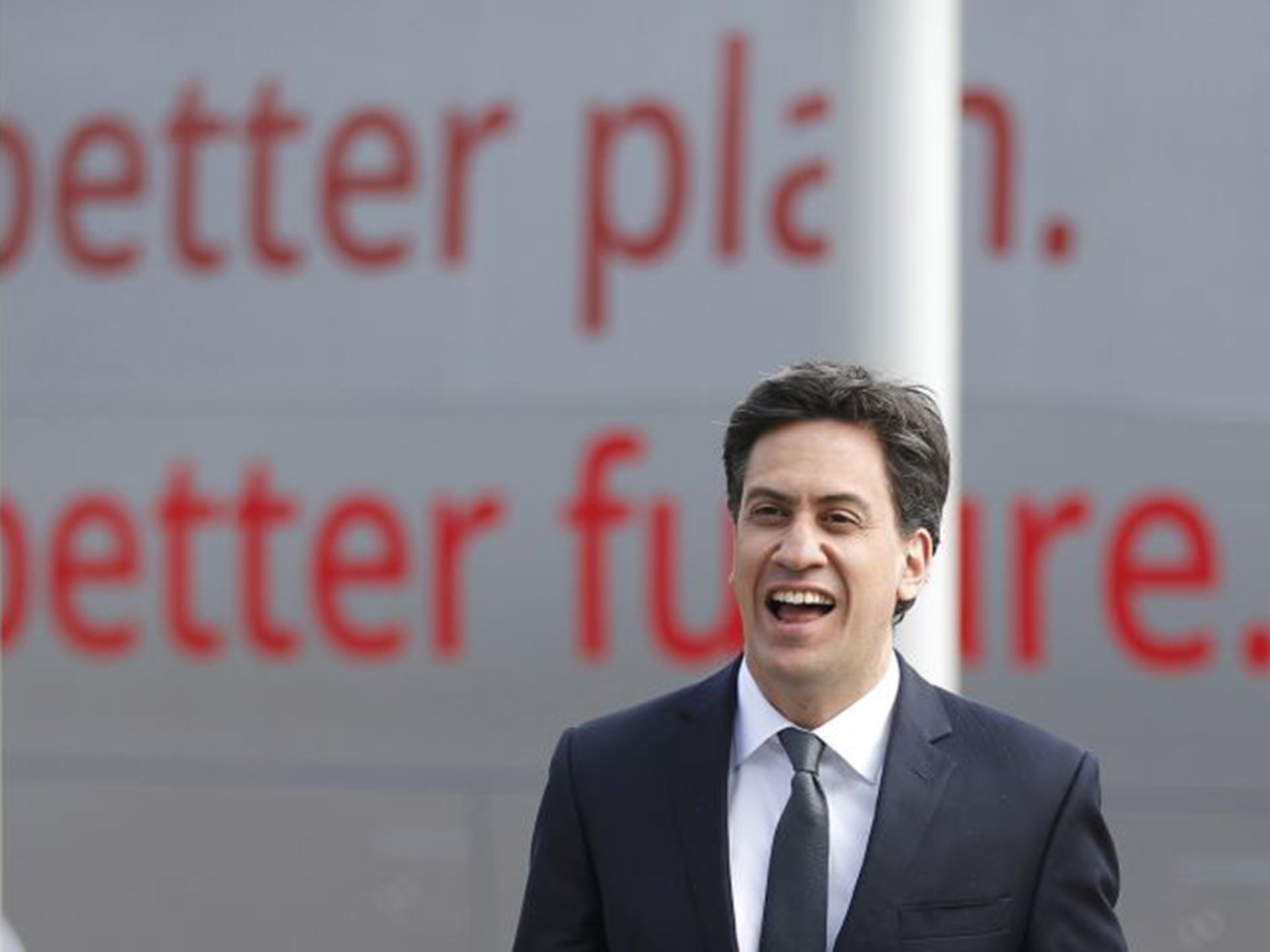Non-doms in charts: will Labour's plan to scrap the tax loophole actually boost the UK economy?
Ben Chu crunches the numbers behind the headline

Your support helps us to tell the story
From reproductive rights to climate change to Big Tech, The Independent is on the ground when the story is developing. Whether it's investigating the financials of Elon Musk's pro-Trump PAC or producing our latest documentary, 'The A Word', which shines a light on the American women fighting for reproductive rights, we know how important it is to parse out the facts from the messaging.
At such a critical moment in US history, we need reporters on the ground. Your donation allows us to keep sending journalists to speak to both sides of the story.
The Independent is trusted by Americans across the entire political spectrum. And unlike many other quality news outlets, we choose not to lock Americans out of our reporting and analysis with paywalls. We believe quality journalism should be available to everyone, paid for by those who can afford it.
Your support makes all the difference.How many “non-doms“ are there?
Around 110,700 according to the most recent figures for 2012/13 released by HMRC – that’s up from 83,000 in 1997. Of these 110,700 around 64,000 actually chose to pay UK tax on their worldwide income and capital gains. Only 46,700 took advantage of the ability to shield their global income from the UK tax man.
How much income tax do they pay now?
Collectively non-dom taxpayers paid approximately £6.2bn in 2012-13 according to HMRC. Those who took full advantage of the tax loophole paid £4.6bn.
Is that all they pay?
No. Since 2008 to benefit from the full loophole non-doms must pay an annual charge. It’s £30,000 a year payable after seven years as a UK resident, rising to £50,000 after 12 years. This will rise to £60,000 in in 2015-16. And last year George Osborne announced that non-dom UK residents for 17 out of the last 20 years will pay £90,000 annual charge. These charges raised £226m in 2012-13.
How much extra would closing the loophole raise?
Very difficult to say. The answer depends on the value of their assets abroad and the income they would choose to take from them. It also depends on how many convert to full UK domicile. Some may decide to quit the UK altogether and HMRC could theoretically end up losing money as a result.
Is that likely?
The number of registered non-doms and the income tax yield from the group does seem to have declined since the Treasury first imposed a flat-rate fee since 2008. But it’s impossible to say with certainty that this is due to people leaving Britain. The fall in the income tax yield might be because they are repatriating less income or have earned less on their UK assets.
How much does Labour think the reform will bring in?
Ed Balls quoted a tax lawyer who suggests closing the loophole could raise some £1bn. But the party is being cagey and in truth no one really knows. What we can say is that even under the most optimistic of scenarios the sums raised from closing the loophole are unlikely to be material in the context of £667bn of expected total tax revenues in 2015-16 and a £90bn deficit. This will not have a transformative impact on the public finances.
But would it hurt jobs, as some are saying?
One of the justifications for Britain’s unusually generous tax regime for non-doms in recent decades has been that it encourages the footloose super wealthy to come to the UK and to spend and invest here (rather than splashing their cash in Switzerland or Monaco or wherever) and that this creates jobs. The Institute of Directors re-iterated a version of this argument yesterday, saying Labour’s move would put off entrepreneurs from coming to Britain. But the effect of the tax regime here is probably exaggerated. What makes the UK attractive to the super wealthy is its secure property rights and the excitements and luxury offered by London. These things will not change. A more significant drag on the economic dynamism of the UK is probably the Government’s restrictions on non-EU immigration.
Join our commenting forum
Join thought-provoking conversations, follow other Independent readers and see their replies
Comments